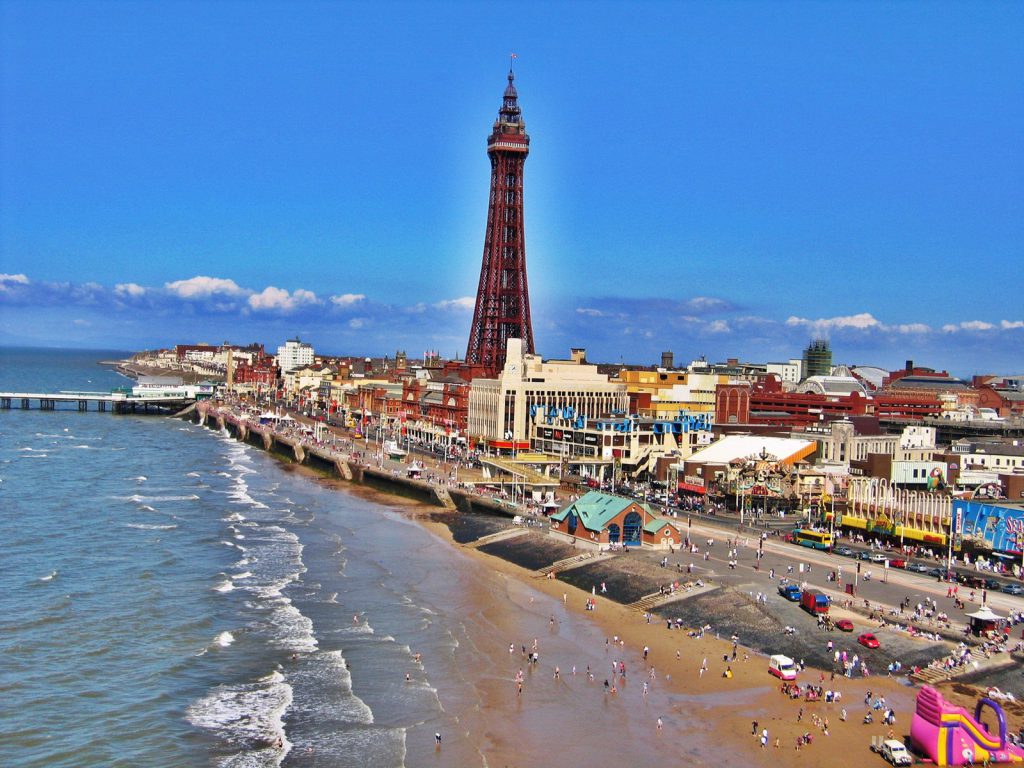As the referendum on Britain’s membership of the UK approaches, many have highlighted the negative effect Brexit could have on overseas tourism – both for UK citizens travelling abroad and those from neighbouring countries looking to holiday in the country. Whilst this is certainly an issue worth raising and one which could well swing voters in the direction of staying, proportionately little has been said about the effects, if any, Brexit would have on domestic tourism. In view of the consistent popularity of domestic tourism amongst Brits, this is undoubtedly a pertinent question for voters and recent studies suggest that Brexit is not without consequence for that particular market.
Domestic or internal tourism currently account for just less than a tenth of the UK’s overall GDP, providing employment for more than three million people. Indeed, the expenditure of UK tourists on domestic travel far exceeds even the combined total amount spent here on tourism by the “big four” – Germany, France, Spain and Italy. This spend is relative to the vast number of UK citizens choosing to holiday at home.
If the Treasury has got the numbers right, the British Pound could fall by as much as 12% should citizens vote to leave the EU. And whilst this might see overseas travel diminish significantly – Europe being simply too expensive for the average holiday-maker – in turn, it could see domestic travel boom. People will always want to holiday after all and, if Europe and the rest of the world proves too costly, the natural alternative is then to stay in the country where travel costs, at least, are much less.
If only it were that simple…
Holidaying abroad will always be an attractive proposition to the Brits; whether it’s guaranteed sunshine, cultural attractions or major sporting events, European countries remain prime tourist destinations. And so, despite the costs, travellers will doubtless continue to go abroad – if in slightly reduced volumes. However, and here comes the complicated bit, those choosing to go abroad will likely find it more difficult – financially – to take further domestic breaks for the rest of the year (as they do under current EU circumstances). Domestic tourism would then, conversely, suffer a knock. Likewise, Brits who rely on a sun-and-sand holiday abroad will not necessarily turn to domestic holidaying as a replacement and might, instead, turn to things like home improvement, fashion or meals out in order to spend what spare cash they do have.
Should domestic tourism flounder in the wake of Brexit, a good proportion of those three million jobs could face the chop and, moreover, a big chunk of the billions of pounds made from UK tourism could be lost. Perhaps something worth thinking about on voting day on 23rd June.



